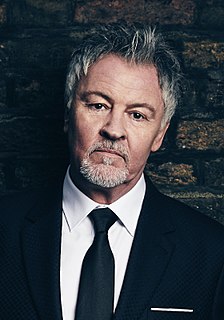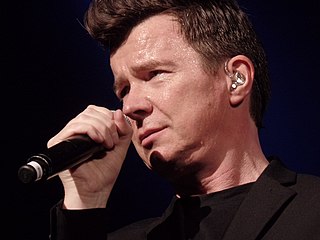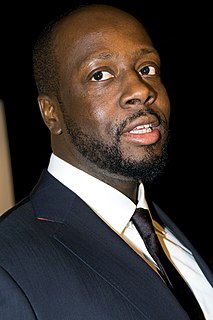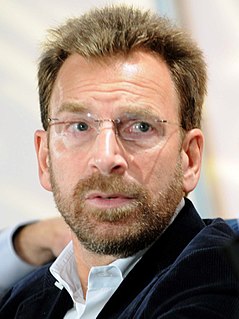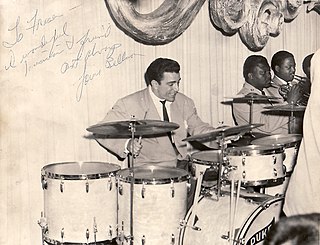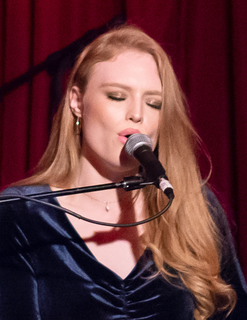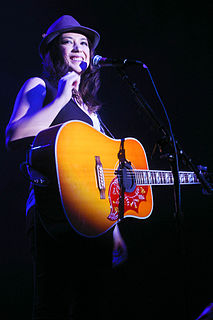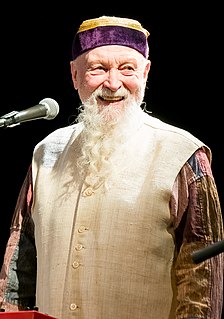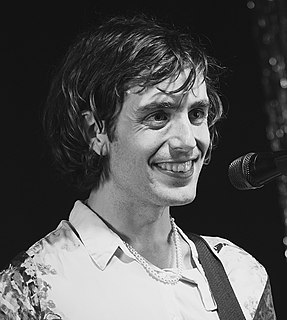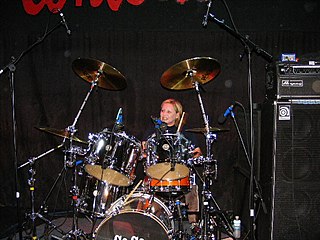A Quote by Paul Young
After performing in various bands, my big break came when I signed for the record label CBS. I had a couple of hits, then my third single, 'Wherever I Lay My Hat,' reached No 1 in 1983.
Related Quotes
Making a record is a lot like surgery without an anesthetic. You first have to cut yourself up the middle. Then you have to rip out every single organ, every single part and lay them on a table. You then need to examine the parts, and the reality of the situation hits you. Then you pop it all back in, sew yourself shut and perform.
Early on, before rock 'n' roll, I listened to big band music - anything that came over the radio - and music played by bands in hotels that our parents could dance to. We had a big radio that looked like a jukebox, with a record player on the top. The radio/record player played 78rpm records. When we moved to that house, there was a record on there, with a red label. It was Bill Monroe, or maybe it was the Stanley Brothers. I'd never heard anything like that before. Ever. And it moved me away from all the conventional music that I was hearing.
